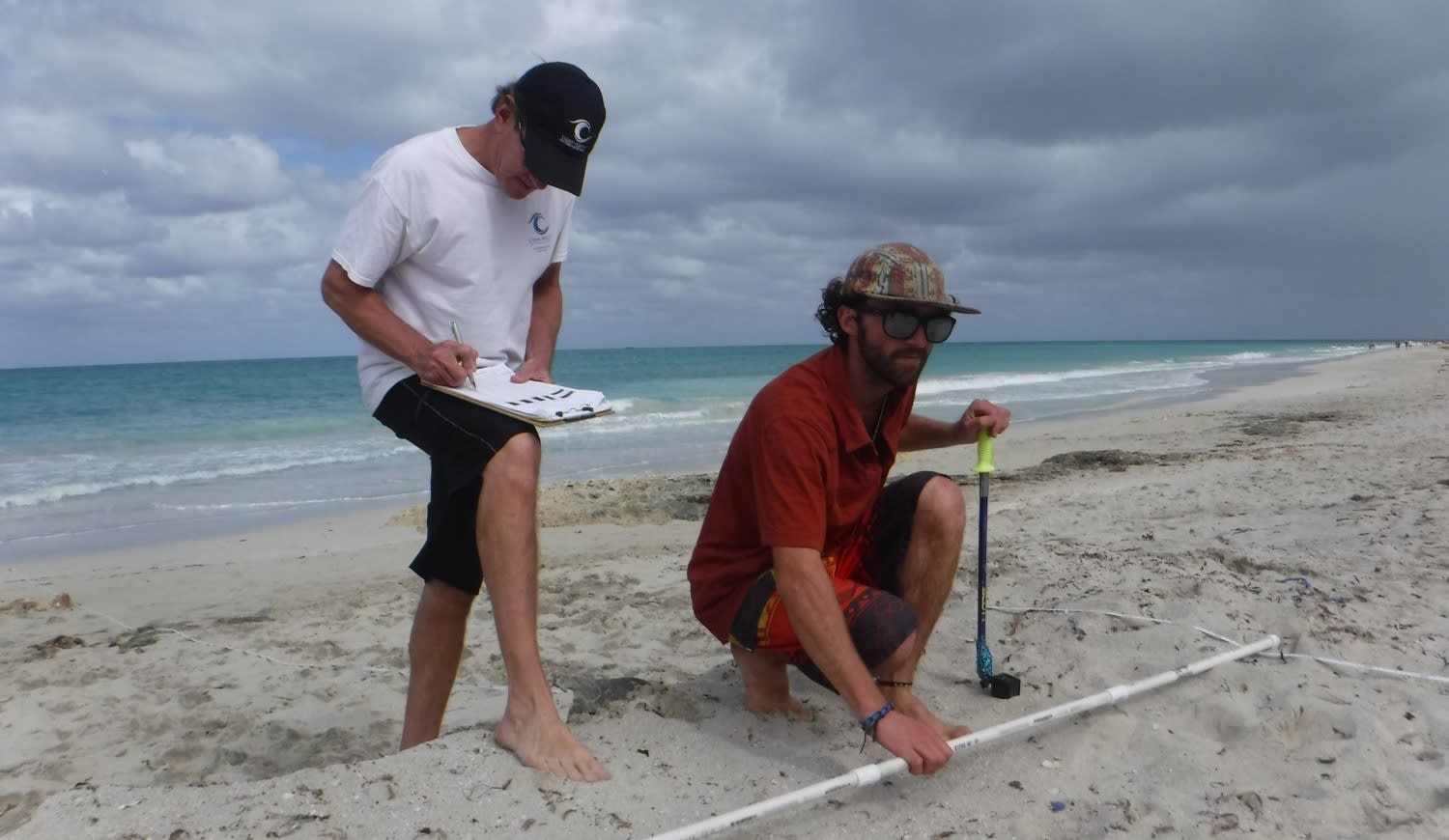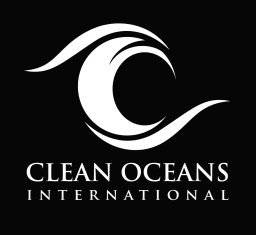
Help Fight Plastic Pollution through our Assessment Program
- Raised
- $0
- Goal
- $70,000
Plastic has become a large problem for marine and freshwater systems worldwide. It is critical that we collectively understand how and why it has gotten to this point. Using COI’s Environmental Plastic Assessment Program (EPAP), trash on a beach or coastline illustrates a representation of the global debris problem. Through scientifically assessing plastic waste from various locations and publicly displaying the data, we create a baseline for scientific study, policy change, and a deeper understanding of the plastic pollution issue, all leading toward a cleaner ocean and waterways.
By combining coastal cleanups and plastic debris monitoring, COI’s EPAP easily allows organizations, communities, or citizen scientists to gather data to illustrate the changes in type and quantity between different regions over time. The process provides a simple and cost-effective method to measure the quantity of plastic debris in a specific region, enabling clear visibility of the outcomes following cleanup efforts.
EPAP is specifically focused on plastic waste and compares debris sources, amounts, locations, and movement locally & internationally. Methods include a Basic Survey, Rib Surface Scan, Accumulation Sweep, and Micro-Debris Survey.
Benefits of EPAP:
EPAP is easy to learn, with minimal training required. It encourages citizen science, allows users access to COI's open-source database, and can lead to changes in policy and behavior. Compared to other organizations, EPAP is solely focused on plastic waste in the marine environment, which can highlight the growing challenges of plastic pollution.
For more details, see our EPAP Training Guide and Field Data Sheet on our website at https://www.cleanoceansinternational.org/plastic-surveys--epap.html
